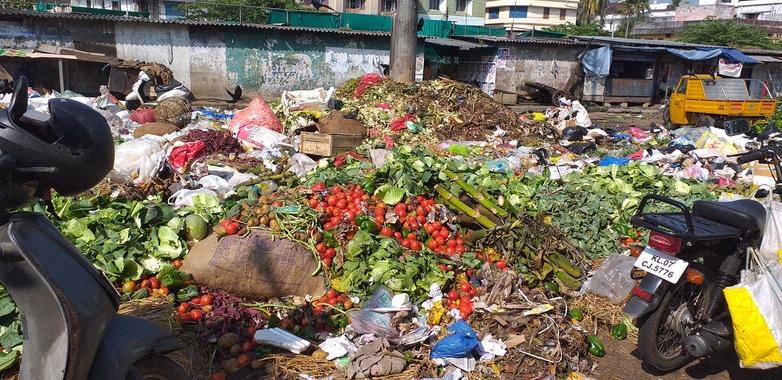Approach
The project improves the sustainable waste management in the cities of Kochi, Kanpur and Port Blair, the states of Kerala and Uttar Pradesh, and the Andaman Islands and Nicobar Islands.
It is developing guidelines, digital tools and work instructions for managing organic waste. It is also preparing a roadmap for extending the measures to other areas of the country. Accompanying skills-development and awareness-raising measures are taking place.
The project works with the global project 'Support of the Export Initiative Environmental Protection' of the German Federal Ministry for the Environment, Nature Conservation, Nuclear Safety and Consumer Protection (BMUV) and other German technical cooperation projects in India. The local employees act as contacts for further Export Initiative projects which are being implemented there on behalf of BMUV. The cooperation promotes the regular exchange of information between the projects and creates synergies. Furthermore, the projects are also better integrated into the strategies of the target countries.
For this purpose, the sponsored projects develop local technical and institutional knowledge and prepare for the local implementation of green and climate protection technologies. The focus is on knowledge transfer, environmental education, raising awareness and capacity development. In this manner the measures contribute to the development of a circular economy and the achievement of Sustainable Development Goals (SDGs). The project thus creates the prerequisites for increasing the demand for innovative technologies and establishing the required sustainable structures. It also promotes the use of green technologies through pilot projects. In this way the Export Initiative supports foreign trade promotion by the German Federal Ministry for Economic Affairs and Energy (BMWi) and development cooperation by the German Federal Ministry for Economic Cooperation and Development (BMZ).
The focus of the Export Initiative is on knowledge and technology transfer, particularly within BMUV’s areas of competence. They include the creation of a circular economy including the handling of waste and raw materials, water and wastewater management, resource efficiency, sustainable or energy-saving construction and integrated urban development, sustainable consumption, environmentally friendly mobility and air pollution control as well as climate protection technologies in coordination with BMUV’s International Climate Initiative (IKI).
Last update: February 2021
